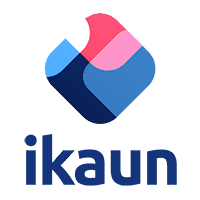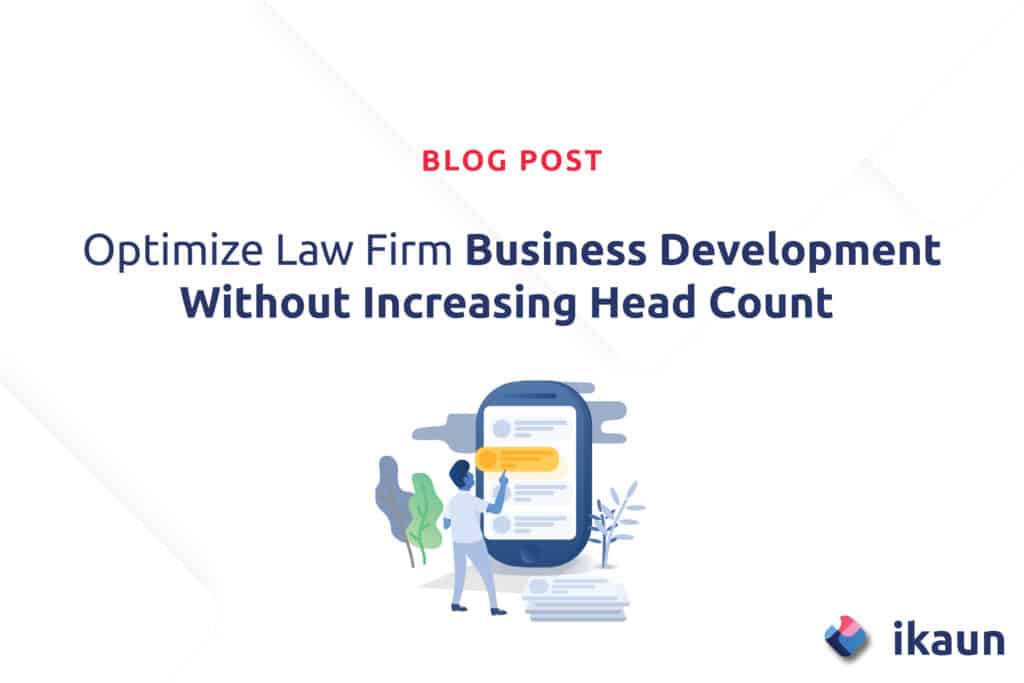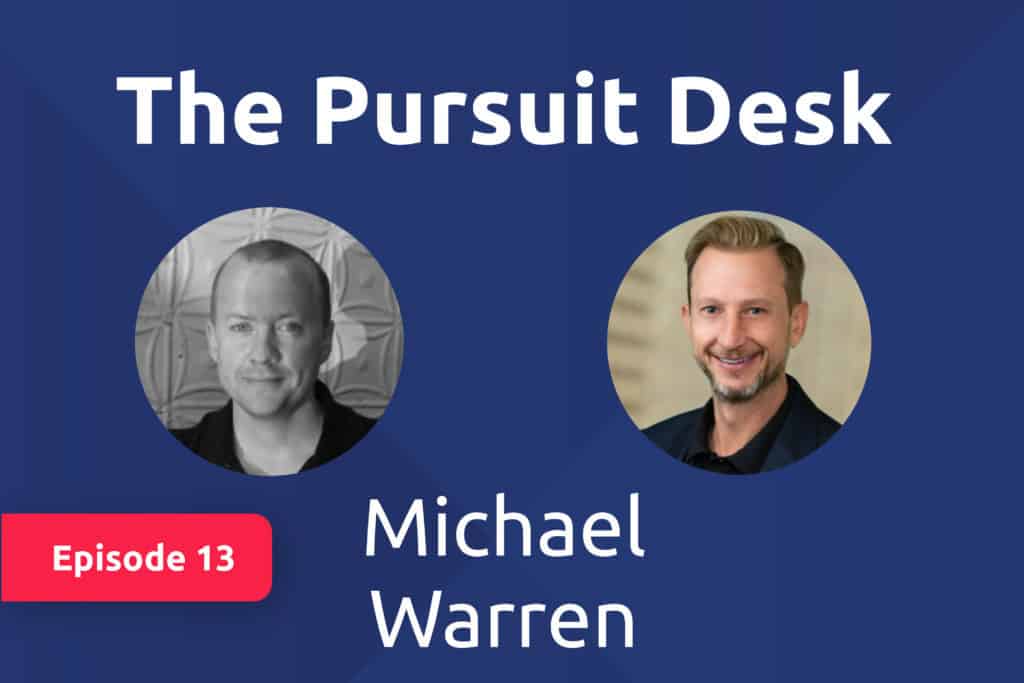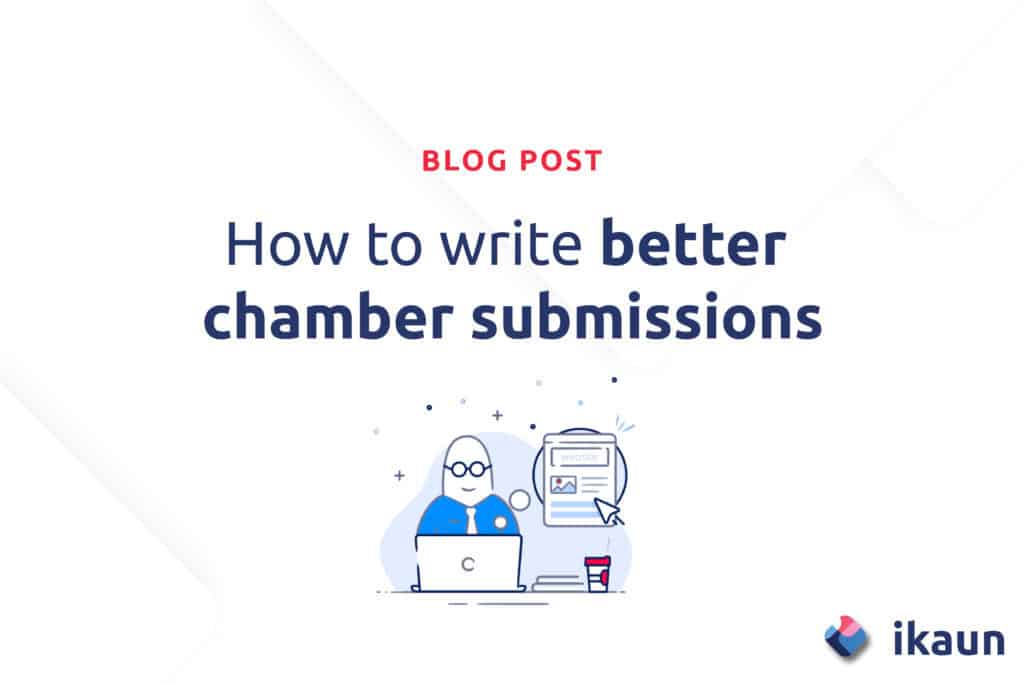In part one of this series, we looked at how a slew of new technologies, increasing team size paired with spiking outside counsel costs are necessitating the creation and growth of legal operations teams. This department is responsible for supporting in-house legal counsel. They help in a number of important ways, not the least of which is aligning internal and external expertise and resources.
But the problem here is that legal ops and corporate counsel in general historically lacked a streamlined methodology for tracking down the right people for the job. Even if they managed to link general counsel with the right lines of business or external experts, it often required reporter-like legwork. This took time and money and increased the chances that something important might fly under the radar.
Part two of our series will hone in on this problem, and address some of the ways modern legal ops can better manage the struggle to locate necessary expertise.
A rise in legal spend necessitates better outreach capabilities
The rise in legal ops coincides with yet another noticeable trend: An increase in legal spending for organizations and an overall rise in average billable rates. According to the Harvard Business Review, inside legal spending increased by 5 percent in 2014, and by 3 percent in 2015. This is greater than the average increase of legal spending worldwide, which was 2 percent in both years. While these increases seem fairly modest, steady growth continues to be reported, and according to the study, may only accelerate in the coming years.
“When asked to forecast their legal needs, an impressive 76 percent of respondents stated their legal needs would increase in the next year, compared to just 19 percent that thought demand for legal services would stay the same,” the report stated.
Given the imminence of rising legal expenses in 2016 and beyond, enterprises must find a way to enhance the productivity of legal ops. This means, among other things, being able to connect general counsel with existing resources while also giving them the ability to easily locate new external resources.

Location as a barrier to legal collaboration
“There’s a ruthless search for inefficiencies to root through, no doubt about it,” Amar Sarwal, vice president and chief legal strategist at the Association of Corporate Counsel, noted in a recent report. “I don’t think lawyers are immune from those pressures.”
One of these predominant “inefficiencies” is the inability to locate necessary legal expertise. In the past, too many organizations relied on email and other non-intuitive, hands-on means for seeking out legal resources. For instance, general counsel from one business unit may find they require the assistance of an expert in a specific field. While legacy intranet may help to an extent by supplying various query matches based on title and department, it still can’t guarantee accurate results on the first try. Legal ops will still have to undergo a time-consuming wild goose chase to track down the various professionals who turn up. Often, they’ll find out that the person they need to get in touch with isn’t even the same office location, or that the information provided on the local intranet is out of date.
Worse yet, there’s always the possibility that the needed counsel doesn’t exist within the organization, meaning legal ops may as well be chasing a ghost. Without actually knowing the sum total of knowledge that’s available in your corporation, it’s impossible to quickly and efficiently orchestrate the legal collaboration that’s needed in today’s dynamic organizations.
Using data-driven collaboration as a solution
“There is no problem that a well-made, feature-rich, data-driven tool can’t solve.”
It would seem that there is no problem that a well-made, feature-rich, data-driven platform can’t solve, and this is true of the current disconnect in enterprise legal operations. What’s needed to identify and track down the right legal counsel, is a streamlined knowledge management tool that can aggregate structured and unstructured data allowing for extremely specific queries that will provide accurate returns with detailed summaries of an expert’s skills.
This will help eliminate process inefficiencies and lower legal cost. Legal ops will know exactly what level of expertise they can acquire in house, which will help them identify what cases will require “going outside”. What’s more, they will understand this information sooner.
This is part two of a four-part series about optimizing your in-house legal operations.
Key Features
Ikaun was built to help organizations easily create, discover, and use knowledge to enhance employee productivity and increase business outcomes.

Experience Finder
Leverage your organization's collective experience for better decision making; easily search for internal experts by skill sets, industry expertise, and more.
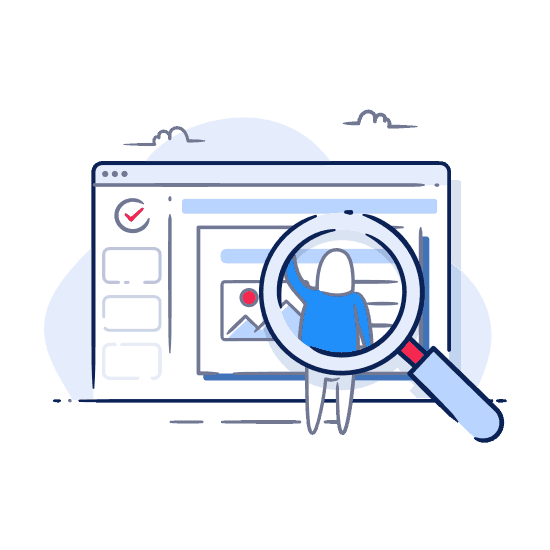
AI-Enhanced Search
Ikaun’s Intelligent-Knowledge-Assistant searches through your ikaun environment and other connected systems to help answer FAQs, find people, find assets, or support complex research scenarios.

Profiles
Create easy-to-read profiles that include biography, skills / expertise, employment history, certifications, affiliations and other key information about your employees.

Proposal Generator
Leverage experience already unified in your ikaun platform to create beautiful on-brand proposals and pitches in minutes.

Knowledge Campaigns
Deploy knowledge campaigns to inform employees about active pursuits, new clients, or firm news.

Integrations
Connect your document management systems, CRM, and other popular applications with ease and confidence.

